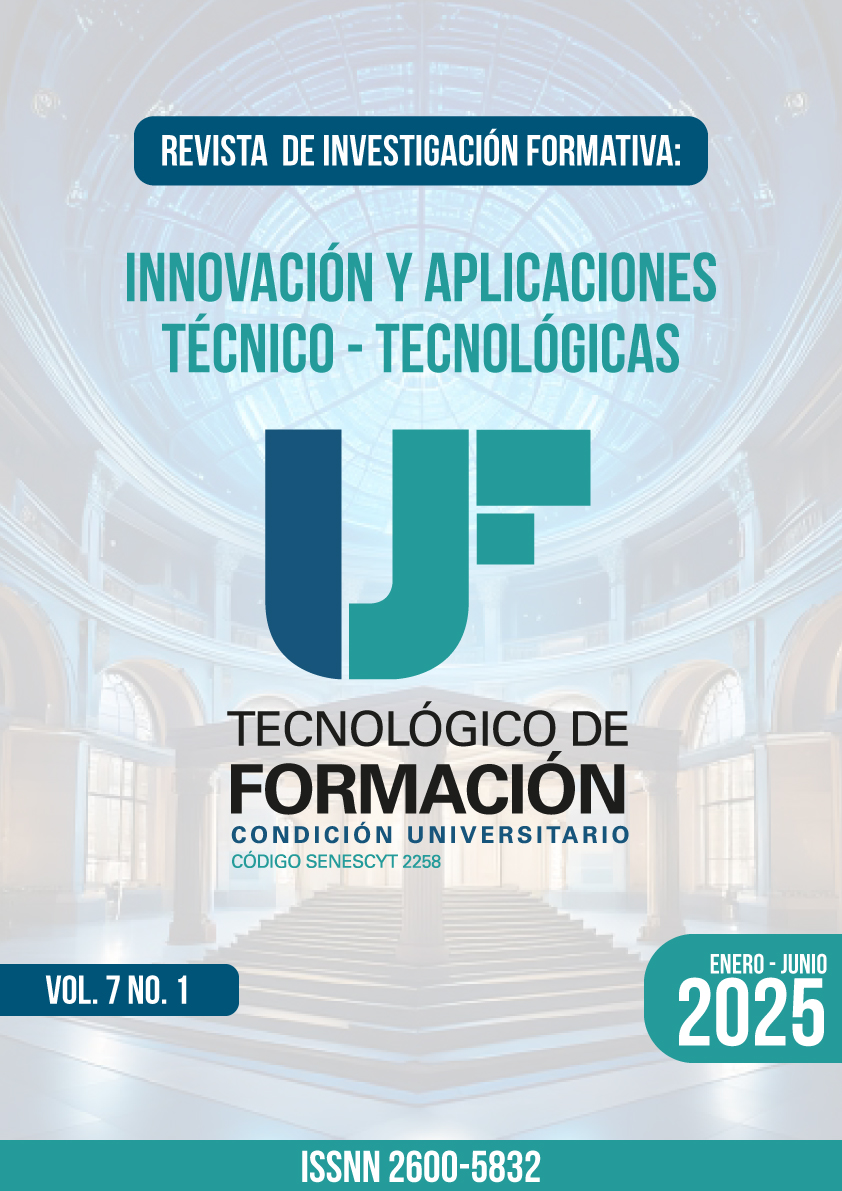Integration of the Ludus Simulator in Technical Training: An Approach to Educational Innovation from Practice.
Main Article Content
Abstract
This theoretical-critical essay analyzes the implementation of the Ludus simulator in technical training as an educational innovation strategy aimed at the development of complex competencies in realistic contexts. The objective of the study is to examine the pedagogical and epistemological foundations that support its use, as well as the tensions and opportunities that arise in its institutional incorporation. Through a qualitative methodology, based on documentary review, case analysis and critical systematization of experiences, the experience of a higher technical institute in Ecuador that implemented Ludus in 2024 is explored. The findings show that, although this tool allows to enhance situated learning and promote cognitive, procedural and attitudinal skills, its effectiveness depends to a large extent on the pedagogical approach that accompanies it. Technological innovation, when it is not articulated with processes of teacher training, formative evaluation and academic production, runs the risk of being assumed from an instrumental logic. It is concluded that Ludus represents a transformative opportunity for technical education, as long as it is critically integrated into the curriculum and an institutional culture oriented towards reflective, collaborative and contextualized learning is promoted.
Downloads
Article Details
Section
Los artículos publicados en la Revista de Investigación Formativa: Innovación y Aplicaciones Técnico-Tecnológicas (REI) se difunden bajo la Licencia Creative Commons Atribución-NoComercial-CompartirIgual 4.0 Internacional (CC BY-NC-SA 4.0), que permite compartir y adaptar el contenido con fines no comerciales, siempre que se otorgue el debido reconocimiento a la autoría y se mantenga la misma licencia.
Los autores conservan sus derechos de autor y otorgan a la revista el derecho de primera publicación.
Para más información sobre la licencia, consulte: https://creativecommons.org/licenses/by-nc-sa/4.0/

